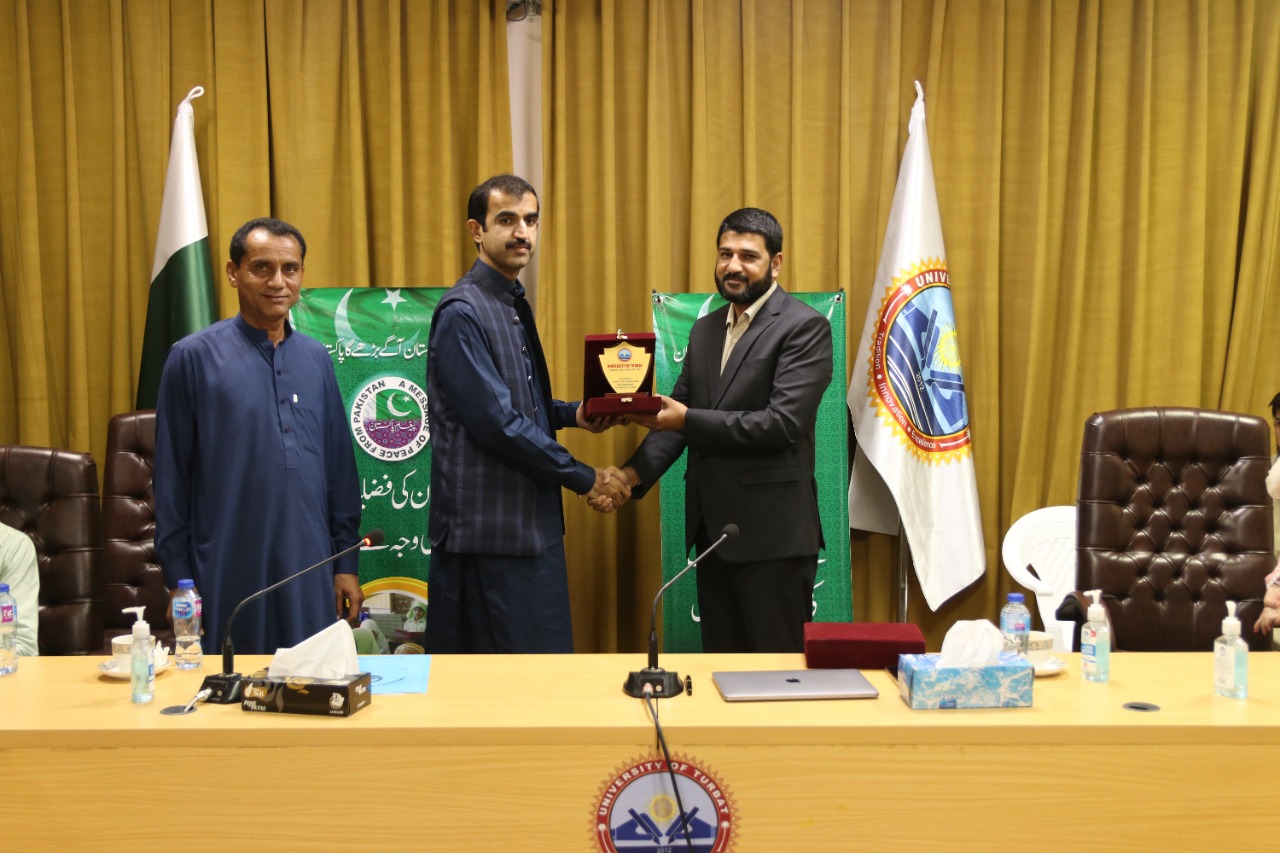Policy Dialogue session for effective curricular reforms held at Turbat University
Posted on 01 Sep, 2022 - Published by
In partnership with the University of Turbat (UoT), the Ministry of Federal Education and Professional Training (MoFEPT) co-hosted a Policy Dialogue (PD) session for effective curricular reforms at UoT on 31st August 2022, that will uplift the quality of education for all children of Pakistan. Dr. Mansoor Ahmed, Pro Vice-Chancellor UoT chaired the session. Departmental Heads, faculty members, and students participated in the session.
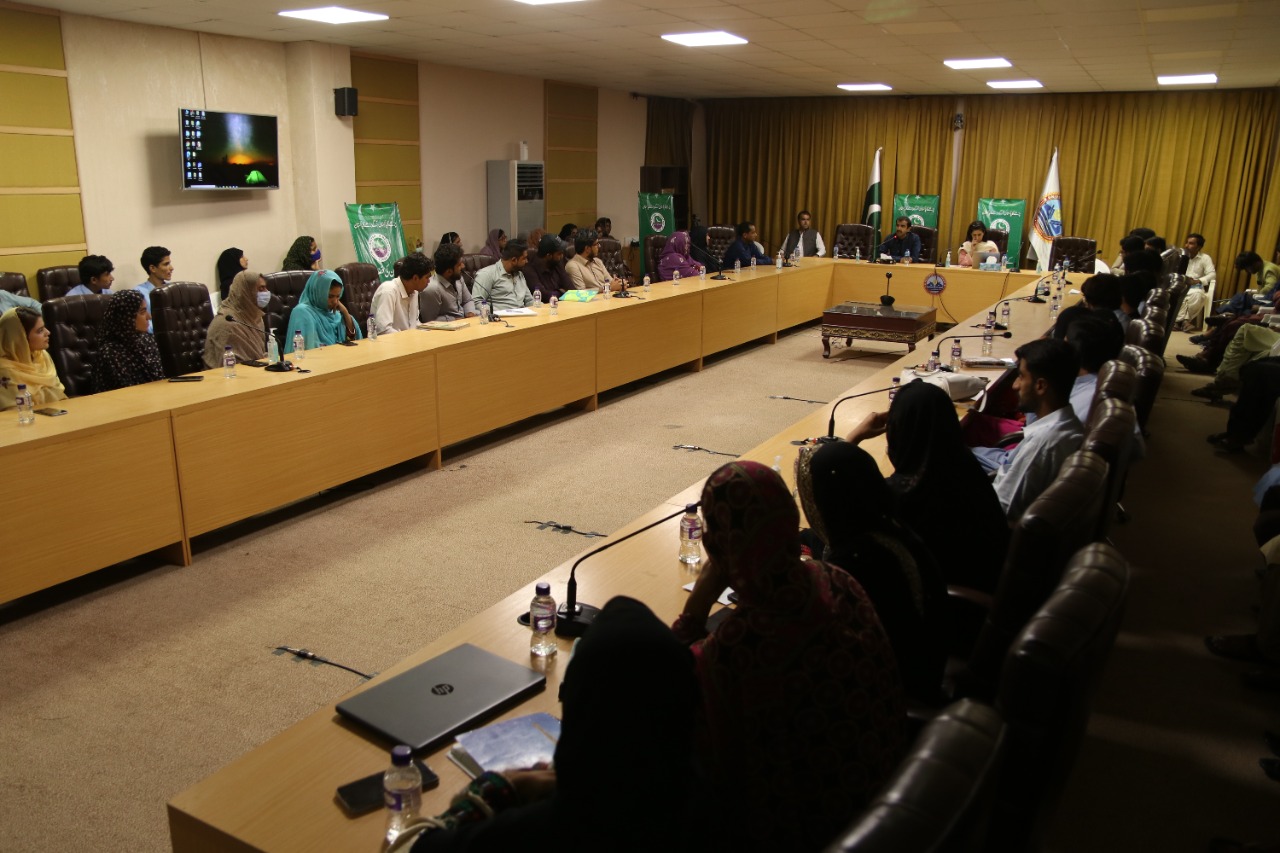
A diverse set of educational practitioners and stakeholders convened together to deliberate on key components of curriculum reform; 1) Standards, 2) Textbooks, 3) Teachers and 4) Assessments. Participants shared targeted feedback on each of the four verticals and particularly insisted inclusion of teachers throughout the curricular reforms process as key stakeholders.
Sharing views in this consultative meeting with education practitioners and stakeholders, Dr. Mariam Chughtai, Director, National Curriculum Council (NCC) has said that “In order to bridge the gap between policy and implementation for curricular reforms, stakeholder engagement is crucial to carry forward all components of a curriculum in a coordinated manner.”
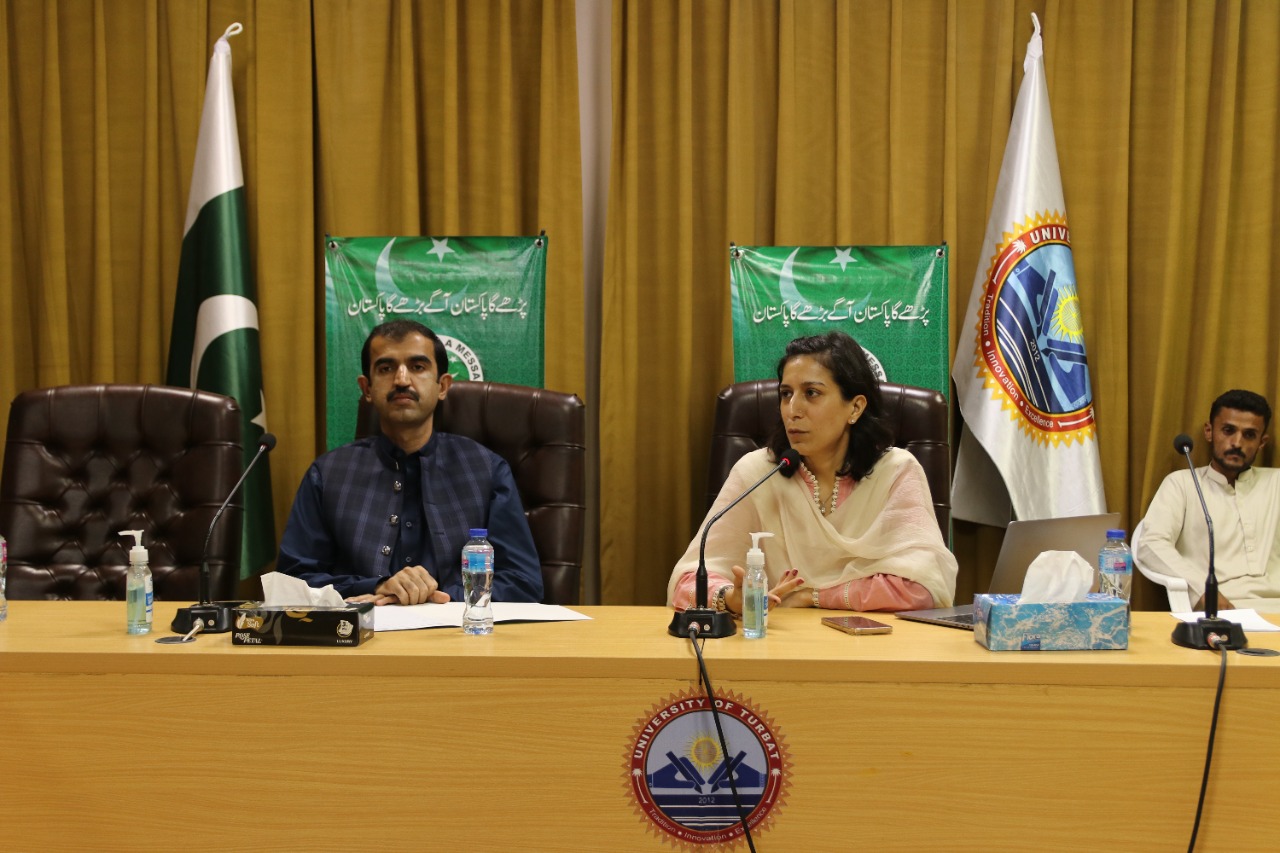
Language instruction came up as a prominent theme during the interactive session. Dr. Mansoor Ahmed, PVC UoT, cited indigenous efforts in the Makran Division for improving the literacy rate. He said that the education ratio in the Kech district is much better as compared to other districts of Balochistan. Director NCC, Dr. Mariam Chughtai, acknowledged that collaboration between ‘Local English Language Centers’ in Balochistan and the Federal Government will be very beneficial.
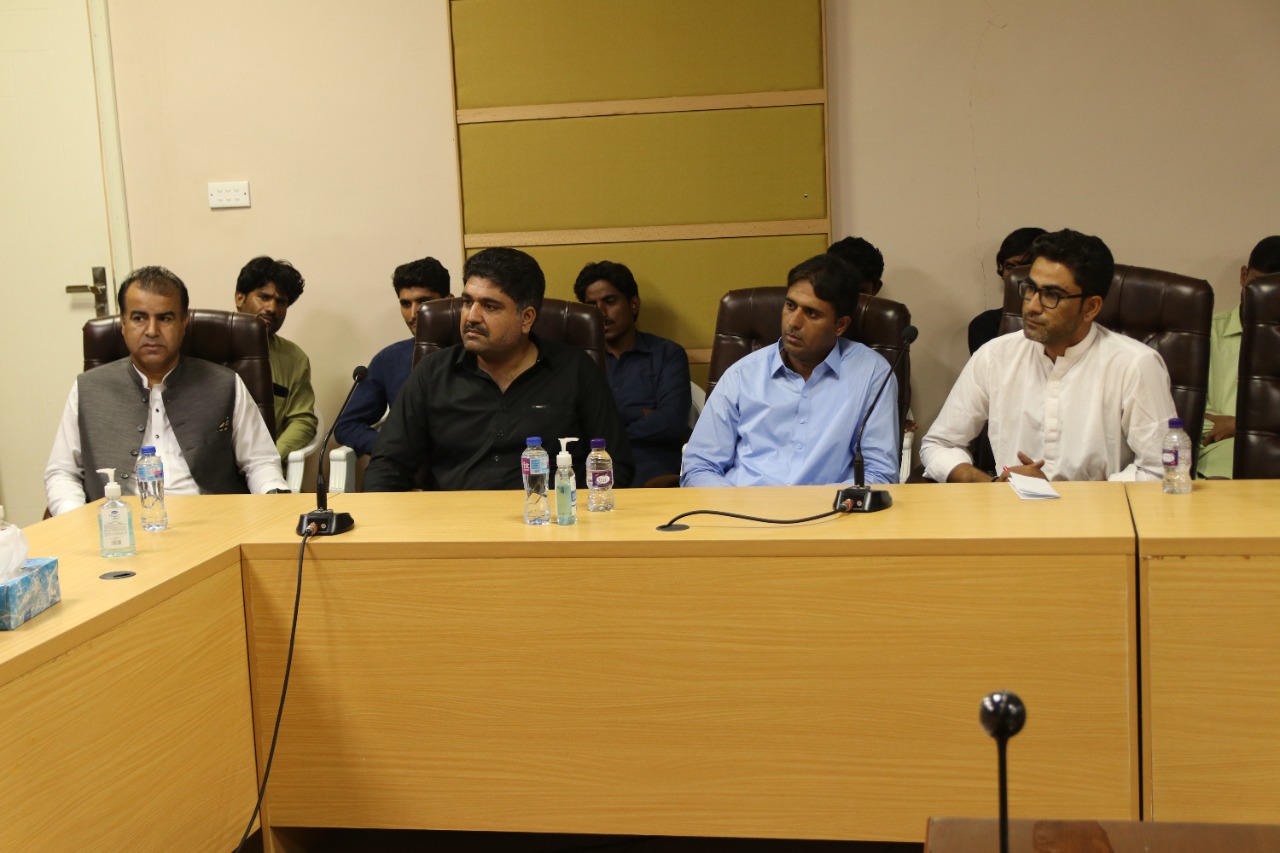
Chairperson, Department of Education, Ms. Ruqia Mirwani, appreciated NCC for consulting and taking direct inputs from Balochistan’s educational institutions. Ms. Mahnaz Bashir, Principal of University Model School emphasizes that more academic investment is required in the field of education in Balochistan. Participants included Ijaz Ahmed, Director (PR) Linkages & Foreign Collaboration, Mr. Jamil Badini, In-charge Student Affairs, faculty members Shah Hussain, Dr. Bahadin Karim, students, and other participants of the Policy Dialogue session also shared their insights on the occasion.
Dr. Mariam Chughtai highlighted that while the traditional model of 12-year education works for many children in Pakistan, it will not work for everyone, especially in remote and rural areas. Director NCC added that “We need to devise innovative policies to address the chronic problems through a multistep solution.” Advanced Learning Pathways (ALP) was a promising direction, she further remarked.
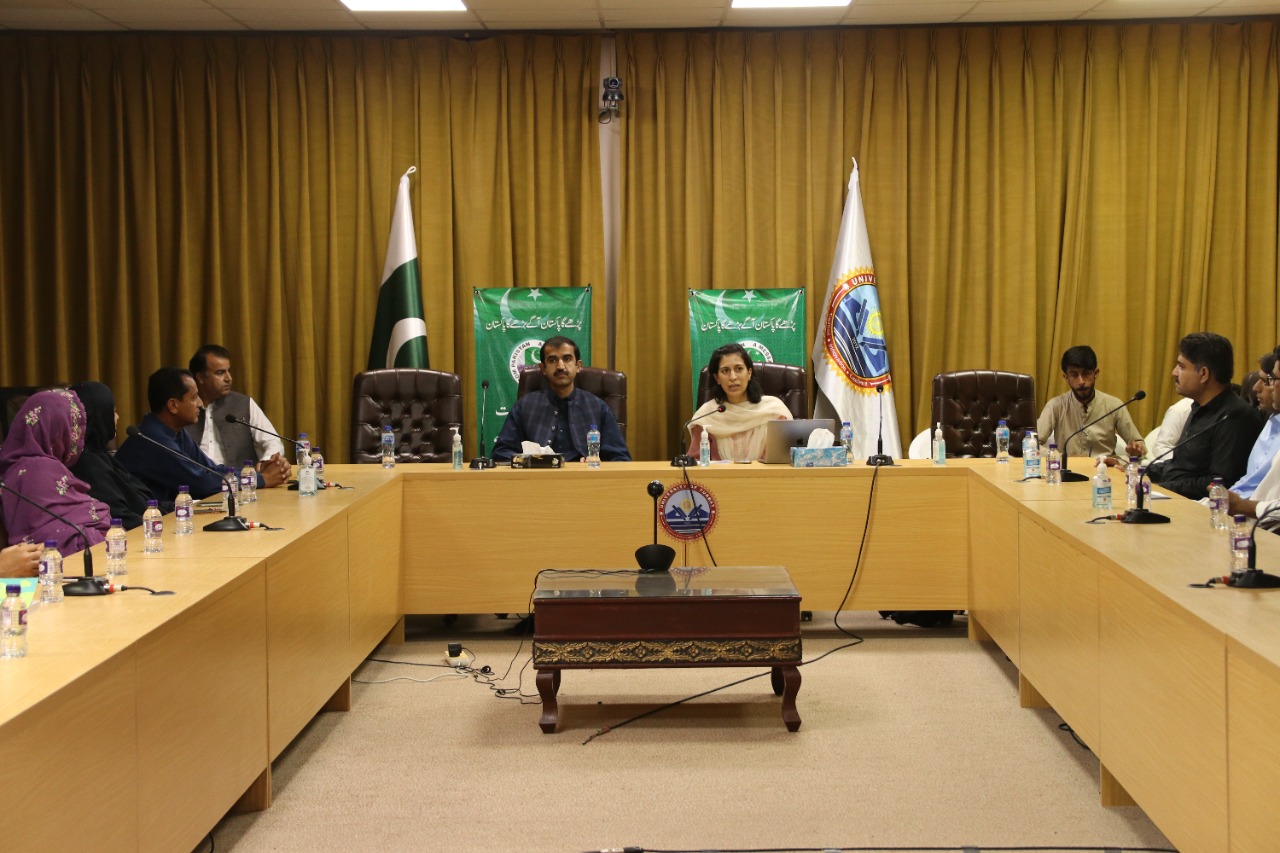
While summarizing the discussion, Dr. Mansoor Ahmed added that education system reform is a complicated undertaking. He urged to address major challenges such as 23 million children are out of school, implementing a near-uniform curriculum for around 12 million government schools, 8 million private schools and 3 million madrassa-going students, 18th amendment-related hurdles in national curriculum development, and fiscal constraints vis-i-vis allocation of minimum 4% of GDP for education. Pro Vice-Chancellor, further added that it was the responsibility of Federal and Provincial governments to work together to align Article 25-A of the constitution with SDGs-4. Insufficient investment in the education sector, language barriers, and politicization of the curriculum are some other key areas of concern, Dr. Mansoor Ahmed further added. Continuing to engage more remote and rural area stakeholders in additional interactive sessions will help to bridge the disparity gap. Dr. Mansoor Ahmed thanked Director NCC for conducting such a comprehensive and informative interactive session at Turbat University.
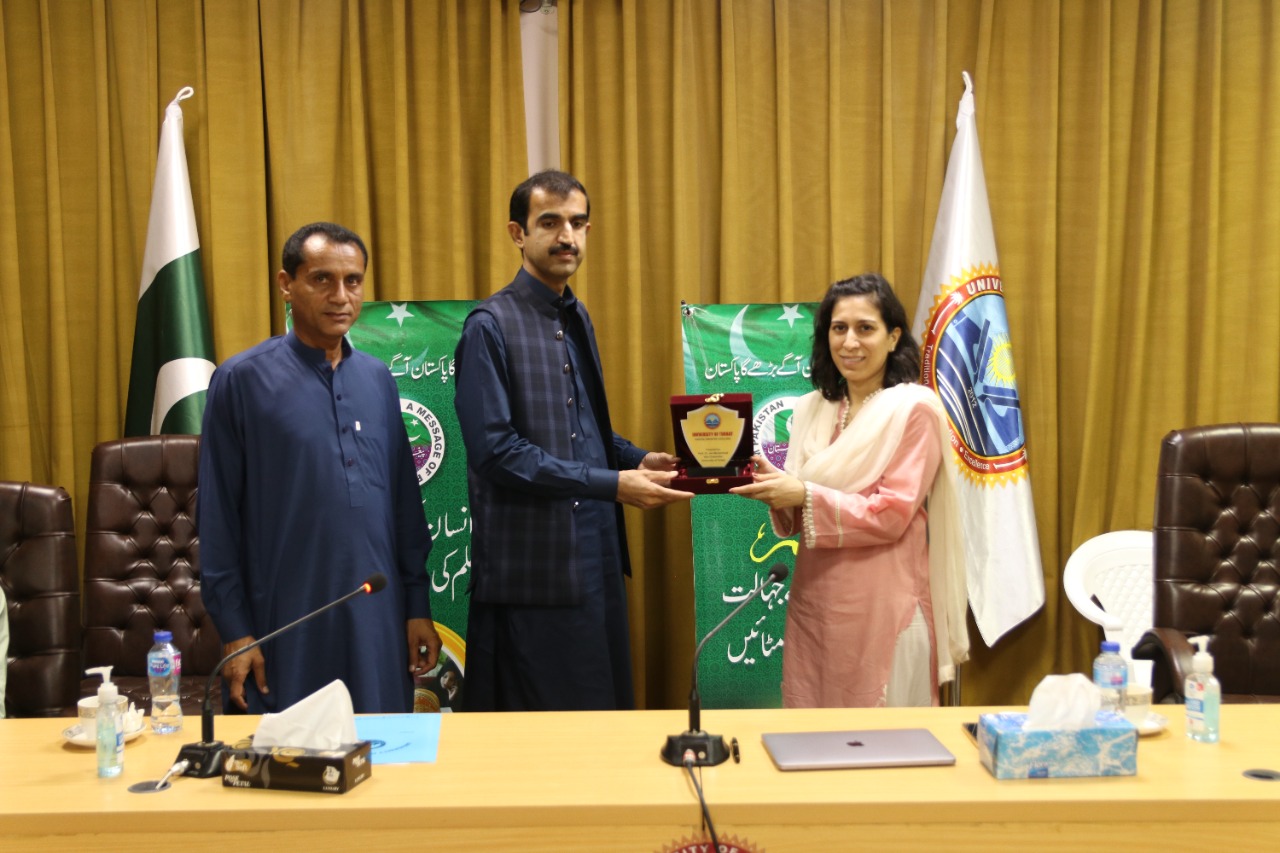
At the end of the session, Dr. Mansoor Ahmed presented university commemorative shields to the guests on behalf of Prof. Dr. Jan Muhammad, Vice Chancellor, University of Turbat.
